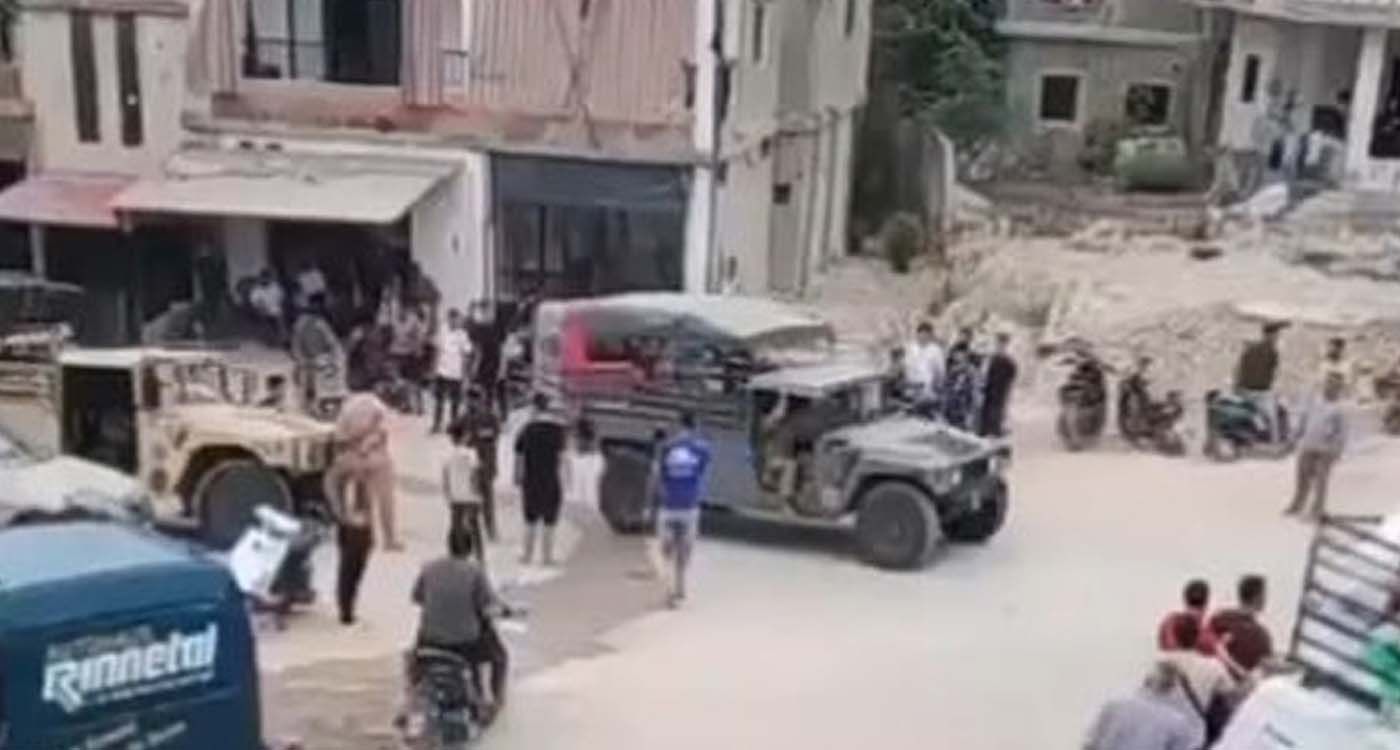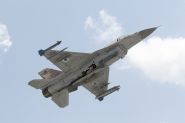
Six Lebanese Army soldiers were killed in an explosion at a Hezbollah ammunition depot in Wadi Zebqin, in the Tyre region south of the Litani River. Four of the victims belonged to the Fifth Infantry Brigade, while two were members of the Engineering Regiment.
The incident occurred amid an ongoing campaign targeting the Lebanese Army and senior officials—most notably President Joseph Aoun and Prime Minister Nawaf Salam—following the government’s decision to disarm Hezbollah. Statements by MP Mohammad Raad, head of the Loyalty to the Resistance Bloc, and Hajj Mahmoud Qomati escalated to the point of declaring a “holy war” against Lebanon’s executive authority, its military, and all factions advocating for the state’s exclusive monopoly on arms.
Against this backdrop, some have linked the tense political climate to the blast, questioning whether it was a mere coincidence that the explosion struck during intensified rhetoric and attacks against the army.
The Lebanese Army said its units were operating inside the Wadi Zebqin depot at the time of the explosion and confirmed that investigations are ongoing to determine the exact circumstances. The statement did not indicate who controls the site, noting only that the area is under Hezbollah’s influence and that Israeli forces had not entered it during recent ground operations.
According to available information, the army learned of the depot’s existence from the ceasefire monitoring committee. Units from the Fifth Infantry Brigade and the Engineering Regiment were dispatched to the site—without any UNIFIL presence. Military protocol typically requires engineering units to enter first to detect and neutralize hazards before infantry follow. This departure from standard procedure raises key questions: Did the blast occur inside or outside the depot? And was it an accident—or deliberate?
Meanwhile, unverified claims circulating on social media—particularly in Hezbollah-affiliated circles—suggest that the depot may have been booby-trapped to target Israeli forces, and that the Lebanese Army entered without Hezbollah’s knowledge.
The army has pledged to uncover the full truth, especially as the government’s decision to enforce the state’s exclusive control over arms by year’s end is expected to increase army raids on Hezbollah’s ammunition depots and infrastructure across Lebanon—operations that could carry similar risks.
The Wadi Zebqin tragedy recalls a June 2007 attack near Khiam, when a roadside bomb killed six Spanish UNIFIL soldiers. That incident was widely believed to have targeted the Spanish contingent for its active enforcement of Resolution 1701, aimed at keeping the area south of the Litani River free of weapons.




Comments